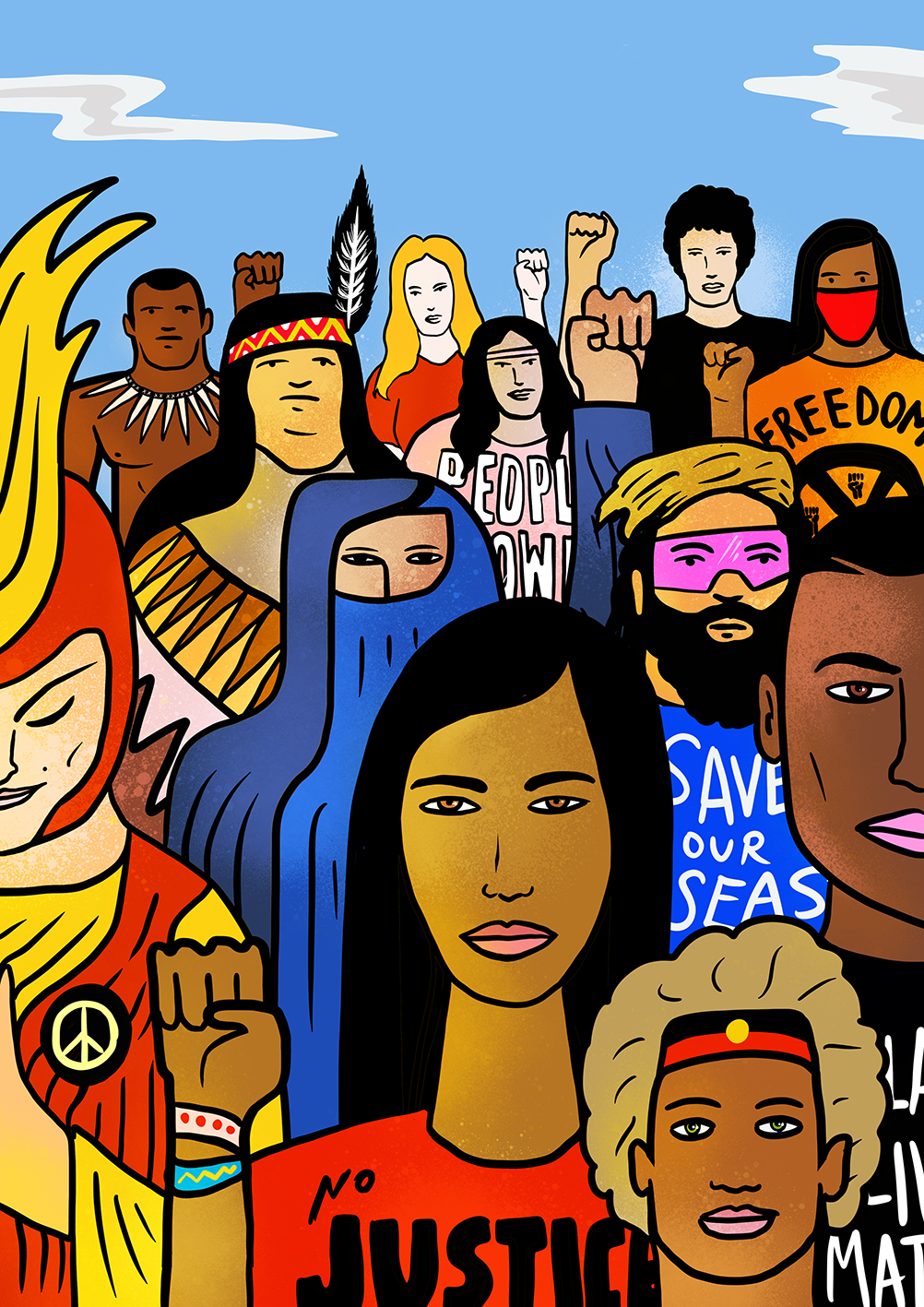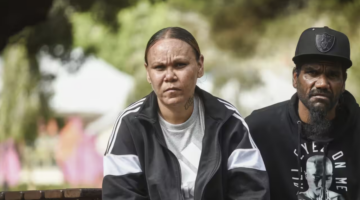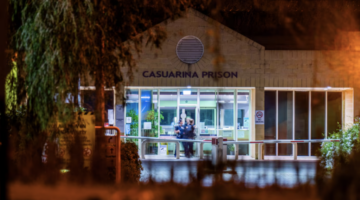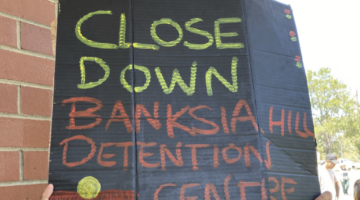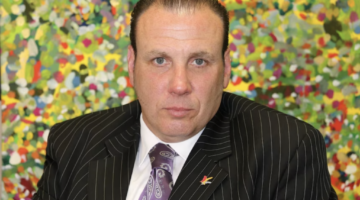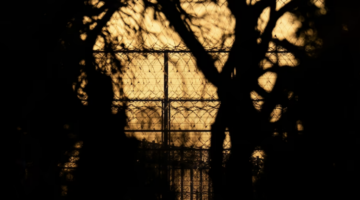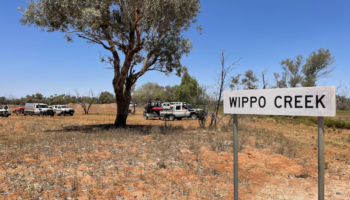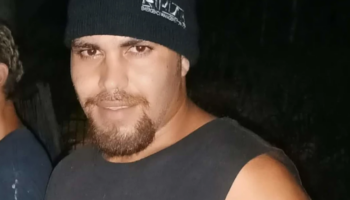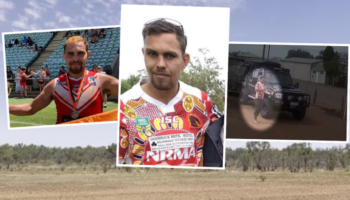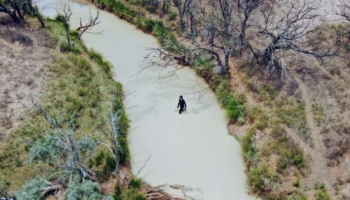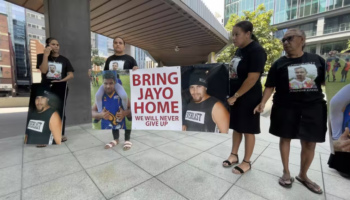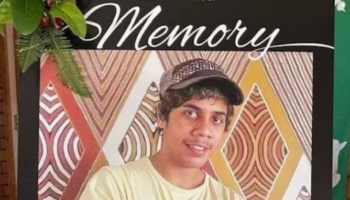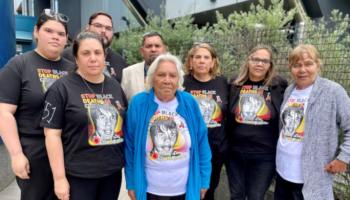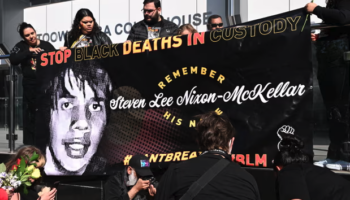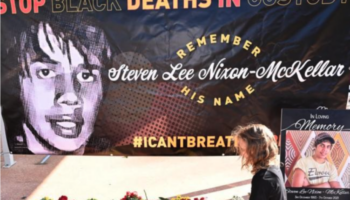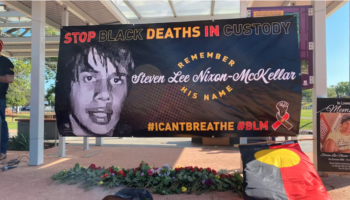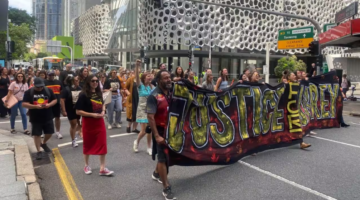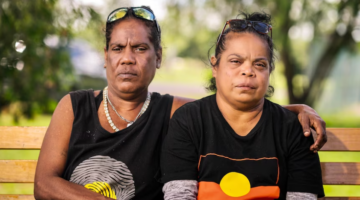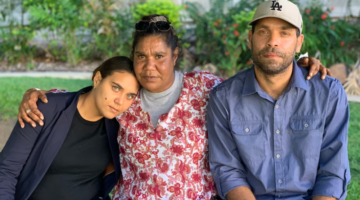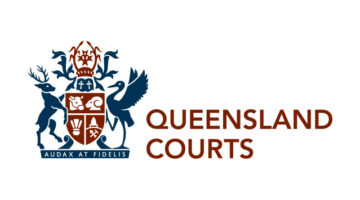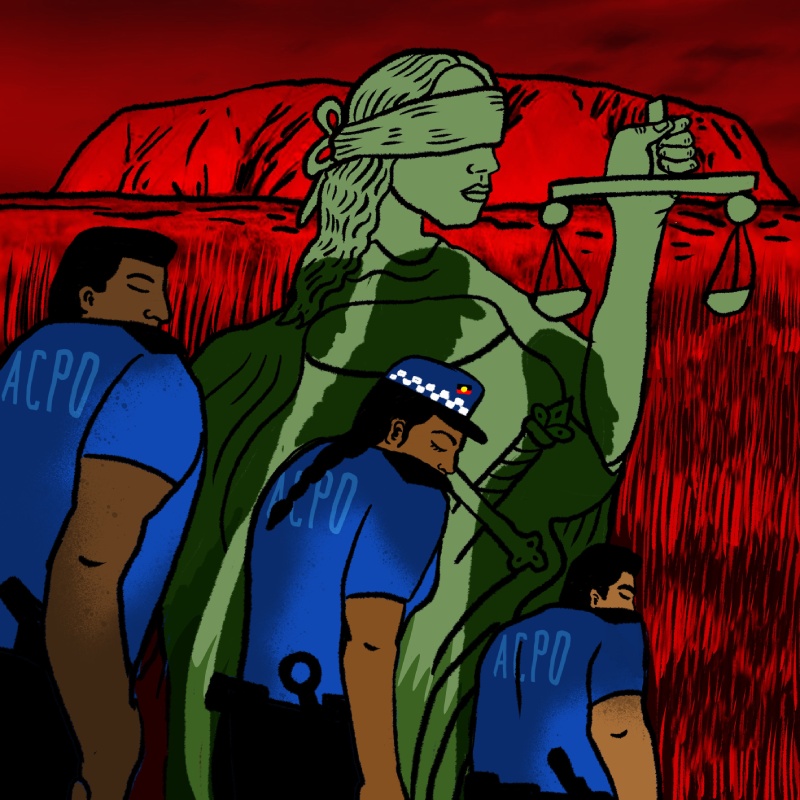
ABORIGINAL COMMUNITY POLICE OFFICERS (ACPO) CLASS ACTION
Aboriginal Community Police Officers are claiming damages for more than two decades of racial discrimination over pay and conditions, as well as compensation for pain and suffering, which they allege has been caused by systemic racism in the NT Police Force.
Racial vilification, derision, and unequal pay
While noting the apology of Commissioner Murphy, for “past harms and injustices, caused by members of the Northern Territory Police”, delivered 3 August this year, officers say the apology was itself offensive, as it implied that they had been complicit in the racist system: they should have been excluded from those members of the Northern Territory Police on whose behalf the apology was given.
Systemic racism in the Northern Territory Police Service
In this landmark case, three serving Aboriginal Police Officers have lodged a representative complaint against the Northern Territory Government and the Police Commissioner with the Australian Human Rights Commission, alleging twenty years of racial discrimination. They allege racial vilification and derision, and an unequal system of pay and promotion.
“The whole notion of having Aboriginal Community Police Officers with lower pay and worse conditions, to police Aboriginal people, is inherently racist, particularly where one-third of the population is indigenous, and the work of policing disproportionately effects indigenous Territorians.”
– Dana Levitt, class action counsel
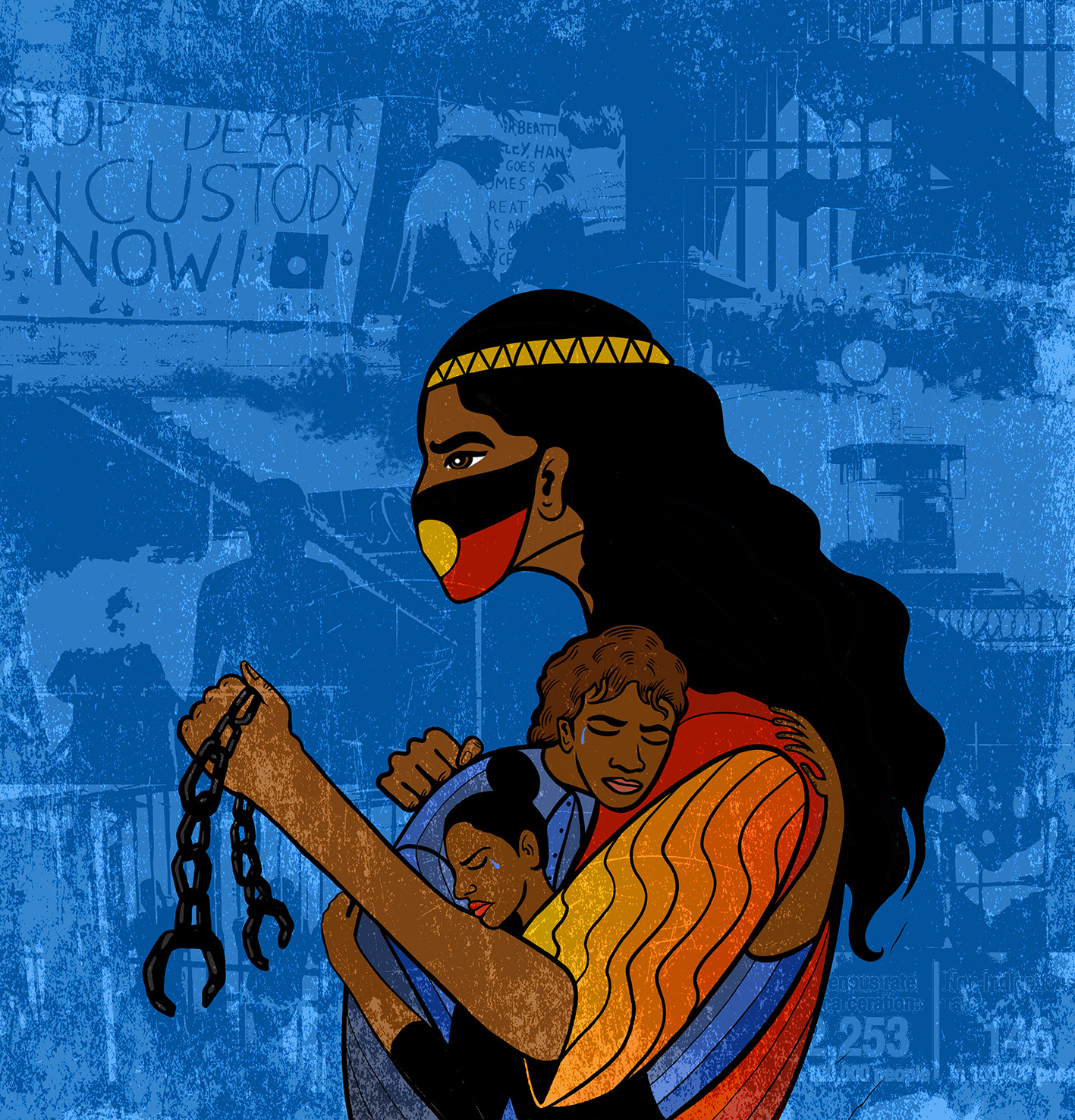
#beentobanksia
BANKSIA HILL CLASS ACTION
“The themes are invariably the same: excessive lockdowns; punitive, inhumane, and degrading regimes; staff shortages; and a decrease in services.”
– Denis Reynolds, former President of the Children’s Court, and Neil Morgan, former OICS inspector.
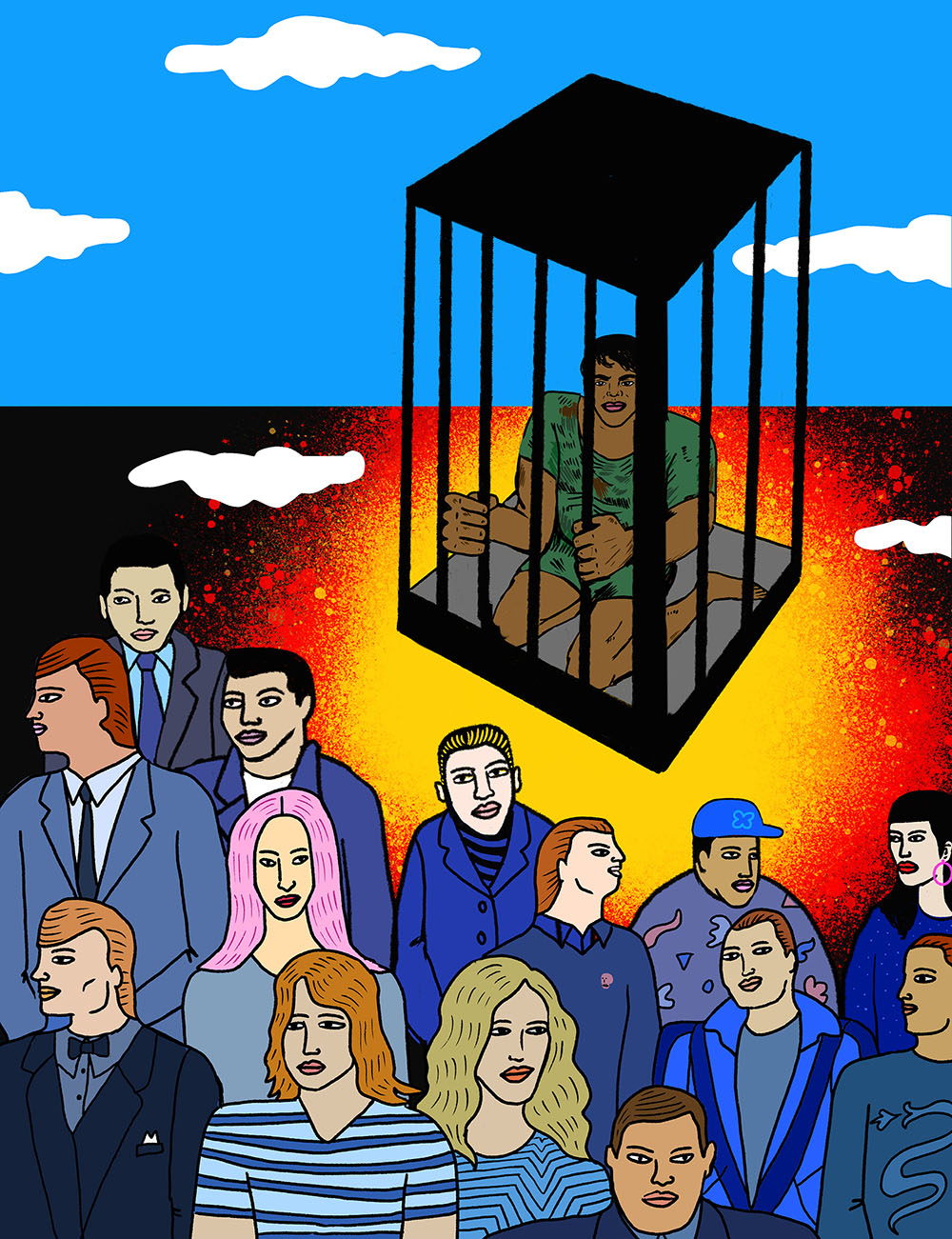
UNIT 18
Unit 18, which is located inside Casuarina maximum-security adult prison, was presented as a temporary solution to house Banksia Hill Detention Centre’s most ‘disruptive’ detainees when it opened in late July 2022. There are up to 20 juvenile detainees aged between 14 and 17 detained in Unit 18, most are indigenous, and many are disabled.
Shockingly, those detained at Unit 18 have been subject to even more punitive treatment than they were at Banksia Hill Detention Centre, as manifested in skyrocketing rates of self-harm and attempted suicide: between July 20 and August 8 2023, there were 13 incidents of self-harm and three attempted suicides, which coupled with the tragic death of 16-year-old indigenous detainee Cleveland Dodd, paints a grim picture of the systemic and individual failings of those tasked with the administration of Youth Justice Services in Western Australia.
And yet despite Premier Roger Cook’s recent admission that “Unit 18 does not meet our standards for care and safety” he justified its continued operation as a “necessary evil”.
There is strength in numbers – register your details with us today.
Levitt Robinson Solicitors has commenced separate proceedings in relation to Unit 18, in addition to the main Banksia Hill class action. To register for the Unit 18 class action, please click here. We appreciate that most, if not all, current and former detainees of Unit 18 have also been detained at Banksia Hill Detention Centre. If you are not already registered for the Banksia Hill class action, please click here.
*Parents, relatives, and/or partners of current or former detainees can register on behalf of those who cannot register themselves (for example, if they are currently in juvenile detention or prison).
Cleveland Dodd, Western Australia’s first juvenile death in custody
On 12 October 2023, the late Cleveland Dodd was found unresponsive in his cell in the notorious Unit 18 juvenile facility, which is located inside Casuarina maximum-security adult prison. He died a week later on 19 October 2023, aged 16, becoming the first child to die in juvenile detention in WA since records began.
An entirely foreseeable and preventable death
Two weeks before Cleveland’s death, lawyers wrote an urgent letter to the Deputy Corrective Services Commissioner, requesting he be moved back to Banksia Hill youth detention centre because of concerns for his mental health.
On the night of 12 October 2023, Cleveland two calls for help over the cell-call button went unanswered as custodial staff relaxed, watched movies, and even slept while on duty.
A coronial inquest into Cleveland’s death will be held, and a Corruption and Crime Commission (CCC) investigation into alleged ‘serious misconduct’ by custodial staff is already underway.
Levitt Robinson Solicitors will be representing the family in the upcoming inquest, to follow its progress click here.
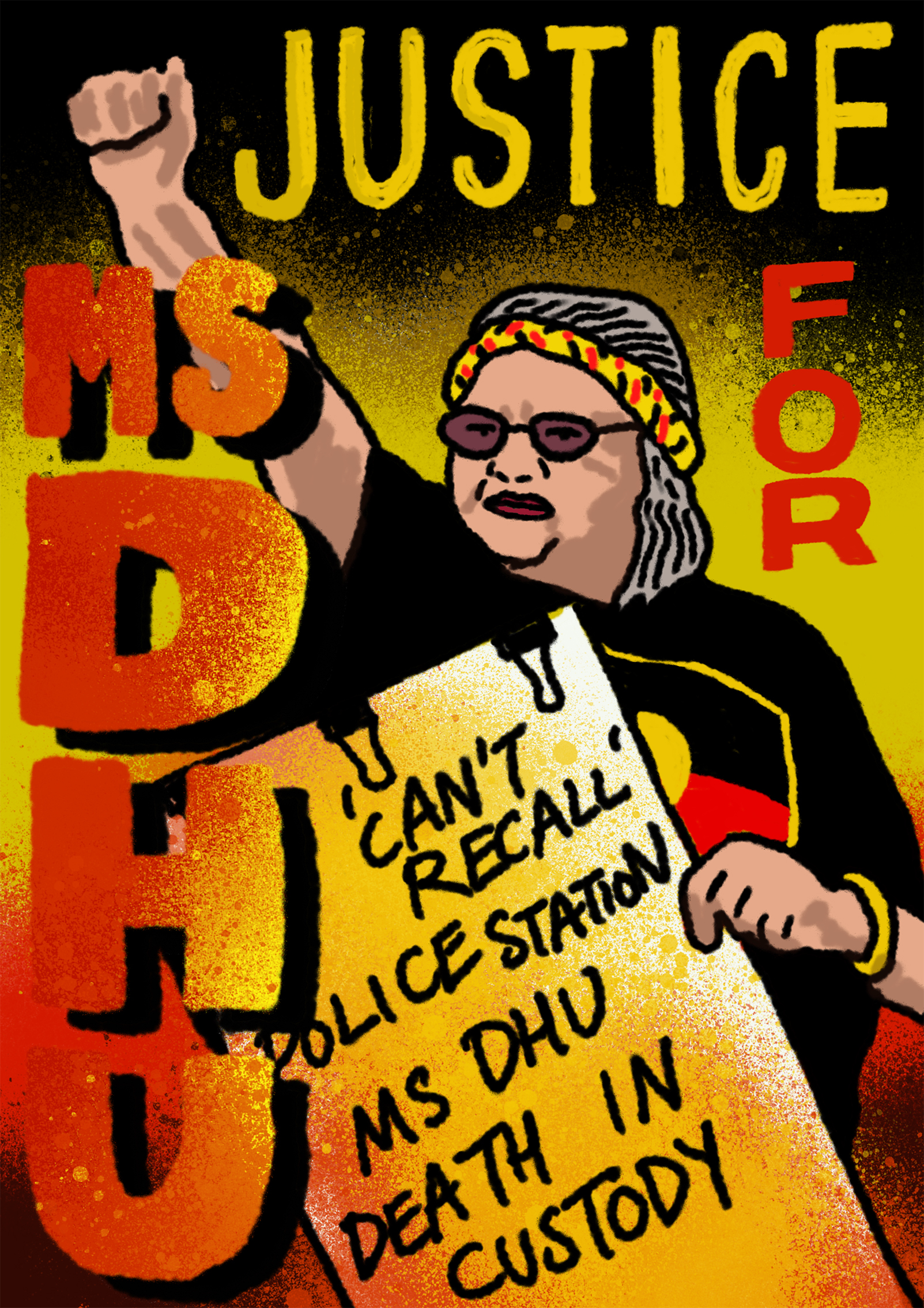
Fines Enforcement Class Action
A class action is underway in the Federal Court of Australia, claiming damages on behalf of First Nation’s people who were locked up under the now defunct Fines Enforcement Legislation.
Coronial InquestS and Deaths in Custody
Western Australia
Coronial inquest into death of Late Cleveland Dodd
Wednesday 3 April – Friday 12 April 2024
Location: Coroner’s Court of Western Australia.
It took guards at WA’s notorious Unit 18 youth detention facility 16 minutes to check on Cleveland Dodd after the teenager warned them he would attempt to take his own life. Cleveland Dodd died on October 19 after being found unresponsive in his cell a week earlier at the notorious Unit 18 juvenile detention facility at Casuarina Prison. Cleveland is the first child to die in WA youth detention in the state’s history.
Queensland
Coronial inquest into disappearance of ‘Jayo’ Jeremiah Rivers
Brisbane: 27 November – 1 December 2023
Coronial inquest into death of Steve Nixon McKellar
Toowoombah: 11 – 15 September 2023
Steve Nixon McKellar was 27 years old when he died after having pressure applied to his neck, which was intended to be a lateral vascular neck restraint (LVNR). Nixon’s death led to the LVNR no-longer being an ‘approved’ use of force technique in Queensland, bringing it into line with every other Australian jurisdiction. The controversial chokehold was the same used by officers responsible for killing George Floyd, in the United States in 2020.
Coronial inquest into death of Aubrey Donahue
Date yet to be confirmed
Aubrey Donahue had been locked inside his family home in Mareeba for approximately 4 hours, before he was shot at close range by officers Special Emergency Response Team (SERT) officers, none of whom were wearing body-worn cameras at the time.
Coronial inquest into death of Trevor ‘Noombah’ King
Queensland: 2021
Noombah died after he was restrained by Queensland police officers who used force to detain him under an Emergency Examination Authority. He became unresponsive after Queensland Police Service officers applied a lateral vascular neck restraint (LVNR) after an extended struggle, but the extent of his clinical decline was not identified until after he was placed in the ambulance vehicle, which was over eight minutes after paramedics arrived on the scene.
We pursue human rights cases in State Administrative Tribunals, and State and Federal Courts, as well as in the Australian Human Rights Commission and other such bodies. Our cases have gone to the High Court of Australia and beyond, including to International Tribunals.
We know that the practice of law is more than just a profession, and our lawyers are specially selected for their strong social consciences and their drive and desire to improve the world around them.
Our team includes leading experts on all aspects of human rights laws, and we pride ourselves on not only practising the law, but helping to shape it through our blog posts, policy papers, submissions to government, and other advocacy/lobbying.

